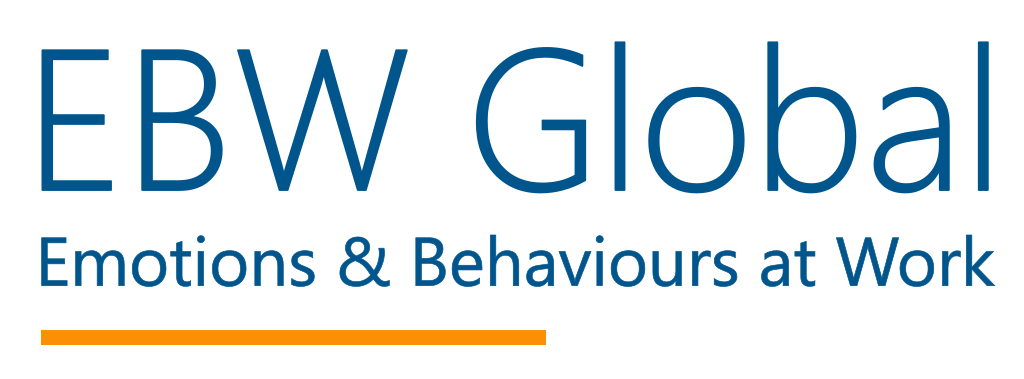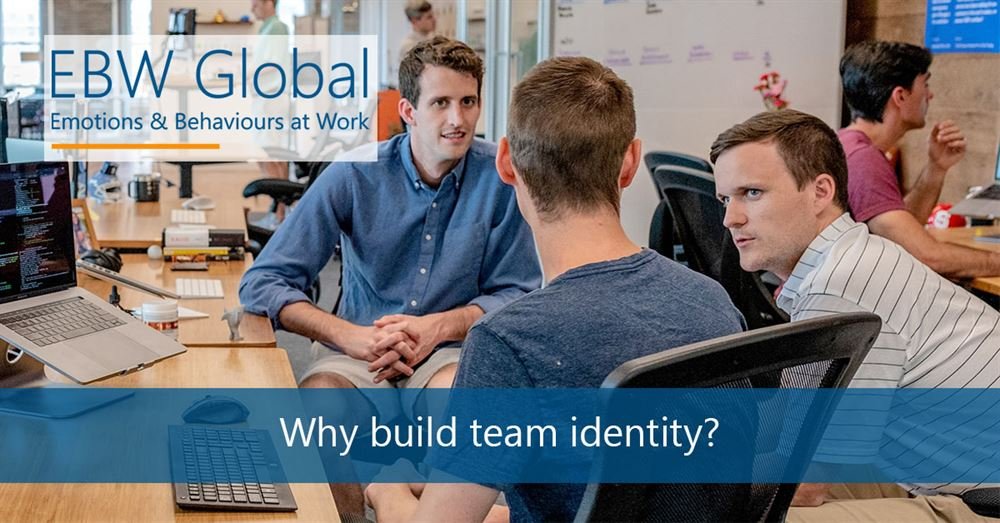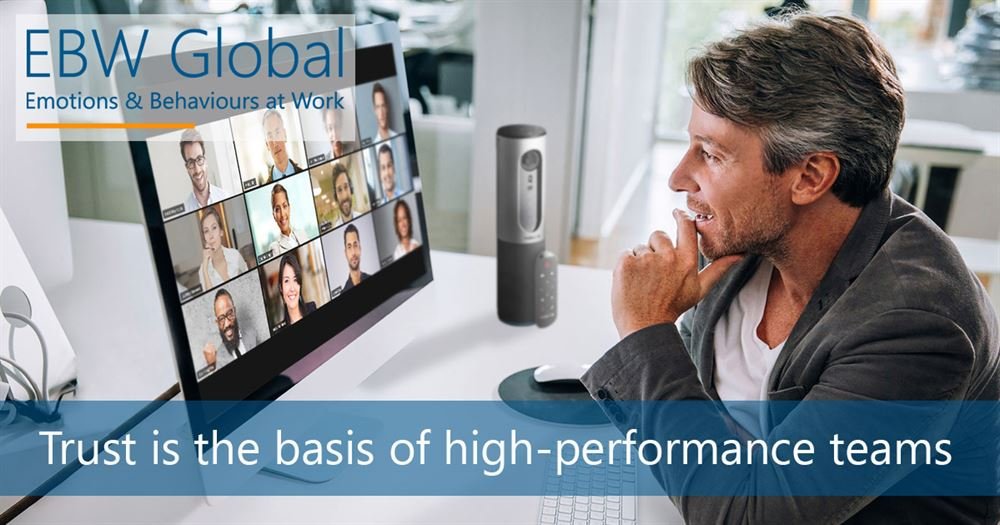Now Is The Time for Leaders to Create Their Vision
“A shared vision for our teams and organizations can fill us with hope and inspire new possibilities or delude us into following false prophets”. Richard E Boyatzis
I am sure we can all think of leaders who in recent months have inspired us, and those who have not.
At this challenging time, having a clear business vision, one that sets you and your team apart, is well worth spending some time on.
We know for many organisations that over the last year disruption has been the key component to tackle. Maximising the output of a virtual or interrupted workforce has been of the utmost importance, and it has not been easy to accomplish.
But now is the time for leaders to remind themselves of what their people need from them, and to pause and think about how they are going to construct a shared vision for the future.
Let me explain why…
Research has consistently demonstrated that positive visioning produces change in behaviour and performance, both in the workplace and outside of it.
Some of the most well-known of these performance boosting findings include those in sports (Loehr and Schwartz, 2003), medicine (Roffeet, al., 2005), music (Meister, et al., 2004), and academia (Curry, et al., 1997).
It is not just academia that recognises the importance of having a vision. A study of over 10 000 participants described in the Harvard Business Review in 2009 asked the question ‘What do you look for or admire in a leader?’ The Number 1 quality was honesty, but the Number 2 was being ‘forward thinking’ and having a vision.
We now know that to build a strong compelling vision that transforms the way people work demands connection. Enabling those in your teams or organisation to connect on a more personal or empathetic level helps make this aspiration into the future.
Take New Zealand Prime Minister Jacinda Ardern, for example. During this pandemic, the Prime Minister and her team have coupled an empathetic and often informal approach to communicating with their public with clear and decisive action.
The success of this has led to a first-class response to the crisis, with only 12 Covid-19-related deaths to date in New Zealand.
By combining a vision for the future – with clear expectations for what New Zealand would be like in lockdown and the projected timeline and what their future would be like – with a personable approach is something that business leaders can learn a lot from. This emotionally intelligent response has been outstanding, especially given difficulties other leaders’ nations have found themselves in.
However, let’s be honest, leaders like Jacinda Ardern are rare. Researchers who study executives’ work activities estimate that only 3% of the typical business leader’s time is spent envisioning (thinking about the future).
In our own work, we estimate that fewer than 20% of leaders have a strong sense of their own individual purpose. Even fewer can distill their purpose into a concrete statement or vision for their team. They may be able to clearly articulate their organisation’s mission: Think of Google’s “To organize the world’s information and make it universally accessible and useful,” but still are unable to articulate their own future vision for their team and say how it connects to what they do.
The challenge, as we know, only escalates with managerial level: Leaders on the front line must anticipate merely what comes after current projects wrap up. People at the next level of leadership should be looking several years into the future. And those at director level must focus on a horizon some 5 plus years distant.
So, how do leaders develop their ability to create a vision, especially in uncertain times?
Firstly, they have to find the time to reflect on what the future may hold. However, they must do this without being influenced by their own wants or desires, but by looking carefully at what the data says. When they look further ahead, where will their teams and their organisation need to be as the world of work changes.
Secondly, and as importantly for leaders, they must develop a future vision that not only reflects their own realistic expectation and aspirations, but also of their teams and the people they lead.
As Jacinda Ardern has shown recently, when leaders and managers display their ability to listen combined with adaptability, innovation, initiative and self-confidence, they not only show their own willingness to change when necessary, but gain credibility with their employees and co-workers – or in her case, her citizens.
A strong vision is one of the main tools used to navigate the complex, volatile, ambiguous world we face today; where strategy is ever changing, and few decisions are obviously right or wrong.
During the elongated crisis that the Covid-19 pandemic has become, the ability to react to events successfully, and also mitigate future challenges by proactive measures, is paramount. The success of New Zealand is proof of that.
EBW Global View
Using Emotional Intelligence tools can vastly improve both how your teams perform and how you can galvanise them during this challenging time.
If you are going to revamp your vison or start creating a new one with your team to ensure they perform now and in the future: Here are 3 areas, you should focus on:
Build A Sense of Shared Hope – Underpin this with a rational and realistic plan that is agreed by the team which in turn creates self-efficacy and optimism in the vision
Create A Clear Image of Desired Outcome – Fit this with the purpose of team/organisations and team members’ personal aspiration and dreams
Ensure Shared Values - Agree rules and ways of working together that reflect the ethos of the team, the team culture and its identity
If you are rising to the challenge of building a team fit for the new world of work, contact an EBW Global Partner or read about how you can use the EBWt team assessment and our team effectiveness tools.




